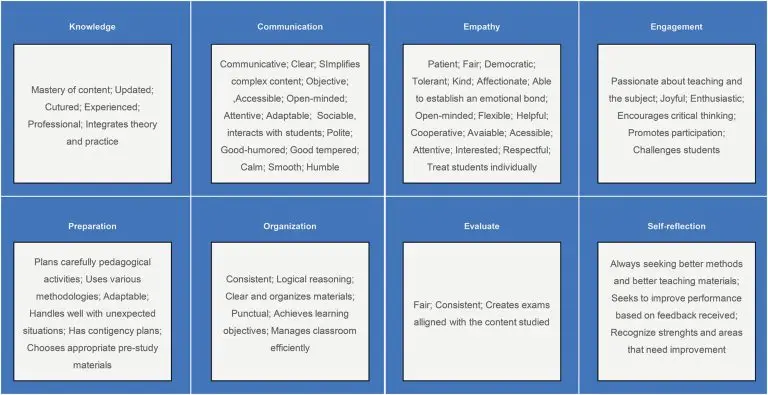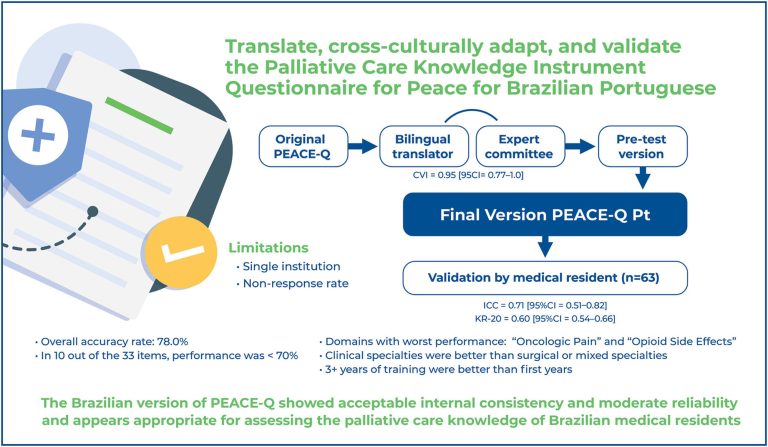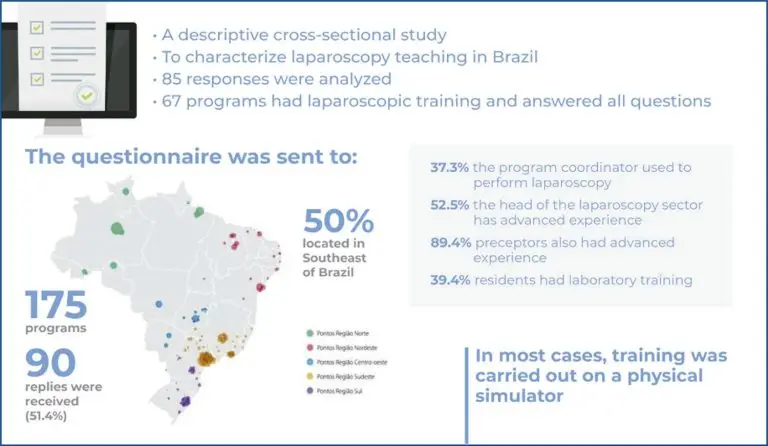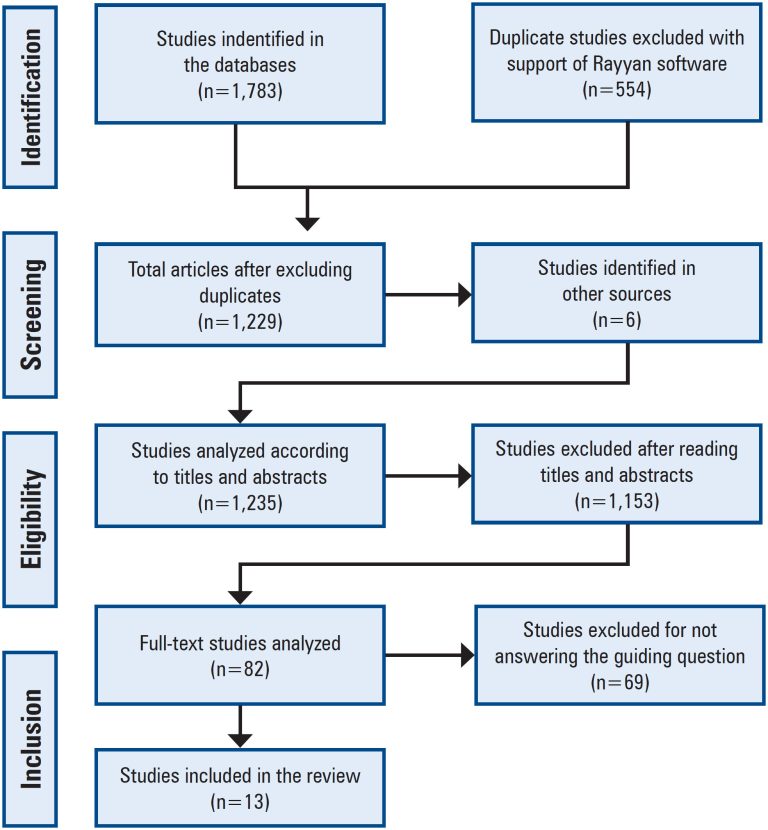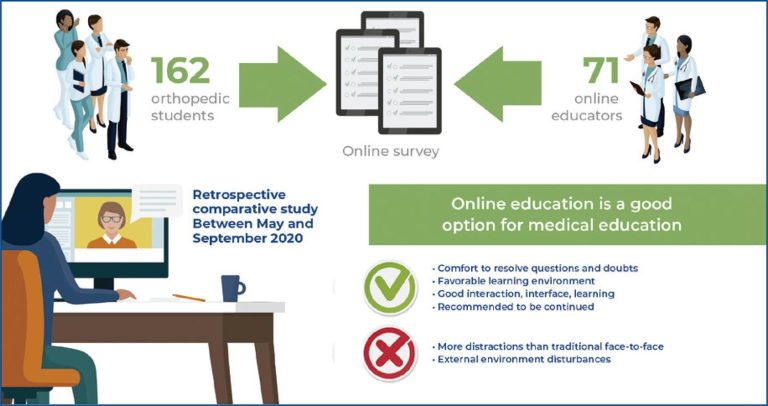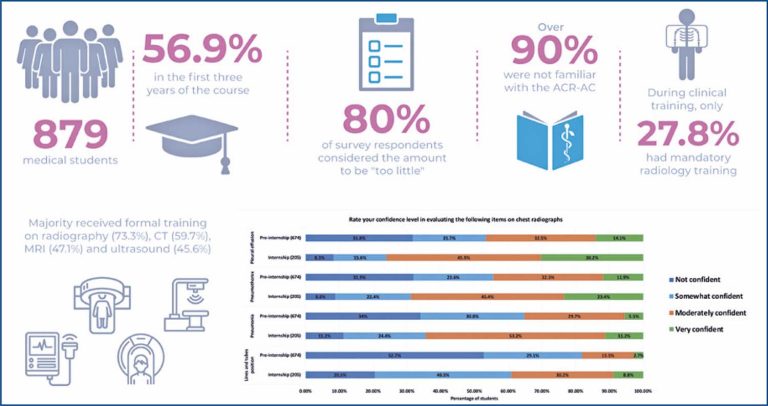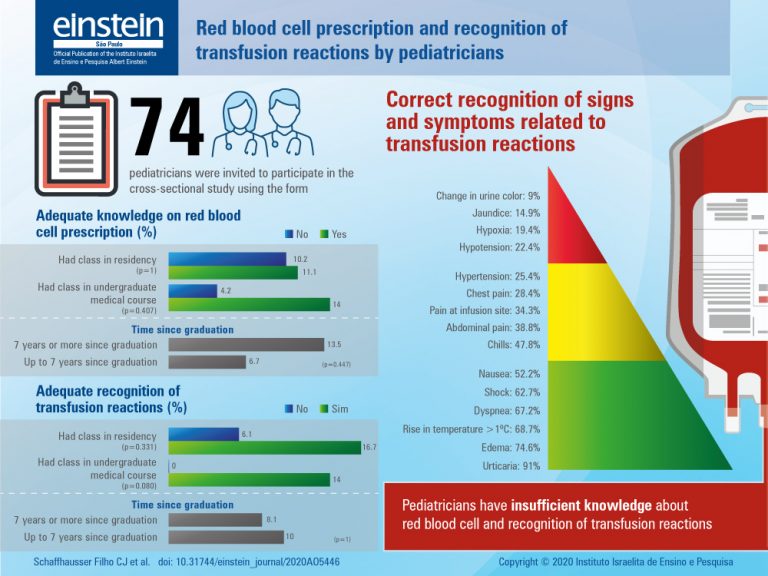Performance of the Artificial Intelligence large language models ChatGPT 3.5, Gemini (Google Bard), ChatGPT 4.0, and Gemini 2.5 flash in surgical subspecialty questions of Brazilian medical residency exams
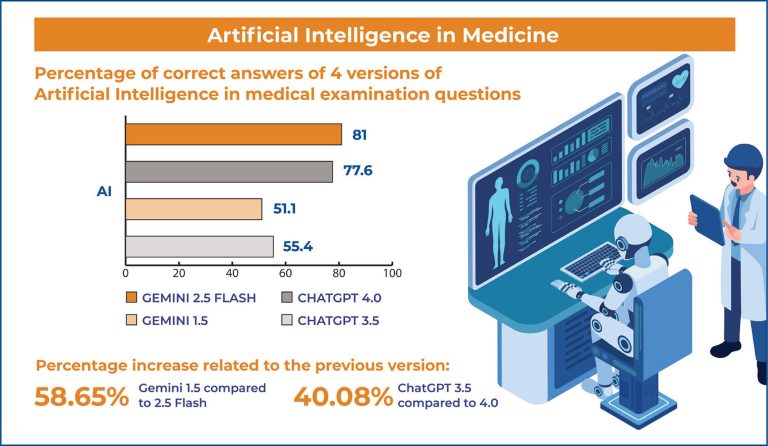
03/Feb/2026
Performance of the Artificial Intelligence large language models ChatGPT 3.5, Gemini (Google Bard), ChatGPT 4.0, and Gemini 2.5 flash in surgical subspecialty questions of Brazilian medical residency exams
einstein (São Paulo). 03/Feb/2026;24:eAO1436.
View Article03/Feb/2026
Performance of the Artificial Intelligence large language models ChatGPT 3.5, Gemini (Google Bard), ChatGPT 4.0, and Gemini 2.5 flash in surgical subspecialty questions of Brazilian medical residency exams
DOI: 10.31744/einstein_journal/2026AO1436
Highlights ■ ChatGPT and Gemini are showing increased ability to accurately answer multiple-choice questions on medical exams. ■ There was no statistical significance in the rate of correct answers by ChatGPT 3.5 and Gemini 1.5. However, we observed that ChatGPT 4.0 performed significantly better, and so did Gemini 2.5 Flash, when comparing to the literature. ■ The question taxonomy did not appear to be a relevant factor regarding the success rate of the models. ABSTRACT Objective: Given the rapid advancement […]
Keywords: Artificial intelligence; ChatGPT; Education, medical; Gemini; Generative artificial intelligence; Large language models
13/Aug/2025
Characteristic competencies for effective teachers in healthcare education
DOI: 10.31744/einstein_journal/2025RW1360
ABSTRACT Teachers have the significant potential to facilitate alterations in the teaching-learning process that can positively affect student outcomes. In the healthcare field, exposure to effective teachers is associated with enhanced clinical performance and student knowledge. The literature explores several characteristics that increase the possibility of obtaining better outcomes when developed by teachers. These features are described from the perspectives of students, managers, and teachers. However, when considering teacher development programs, it is necessary to translate these characteristics, skills, and […]
Keywords: Education, medical; Faculty; Health education; Health personnel; Professional competence; School teachers; Teacher competencies
30/Jul/2025
Translation, cross-cultural adaptation, and validation of the Palliative Care Knowledge Questionnaire for PEACE (PEACE-Q) in Brazilian Portuguese
einstein (São Paulo). 30/Jul/2025;23:eAO1243.
View Article30/Jul/2025
Translation, cross-cultural adaptation, and validation of the Palliative Care Knowledge Questionnaire for PEACE (PEACE-Q) in Brazilian Portuguese
DOI: 10.31744/einstein_journal/2025AO1243
Highlights ■ Performance was <70% in 10 of the 33 items. ■ Lowest performance domains were Oncologic Pain and Opioid Side Effects. ■ Residents in clinical specialties outperformed those in surgical or mixed specialties. ■ Residents with ≥3 years of training outperformed those on their first 2 years. ABSTRACT Objective: To translate, cross-culturally adapt, and validate the Palliative Care Knowledge Questionnaire for PEACE (PEACE-Q) in Brazilian Portuguese. Methods: This study followed five steps: translation, back-translation, cultural adaptation, pre-test, and test-retest. […]
Keywords: Clinical competence; Education, medical; Internship and residency; Palliative care; Psychometrics; Surveys and questionnaires; Validation study as topic
20/Aug/2024
Current status of laparoscopy teaching in gynecology and obstetrics medical residency in Brazil
DOI: 10.31744/einstein_journal/2024AO0458
Highlights Only 20% of the medical residency programs have laparoscopic teaching. Preceptors of the residency programs have advanced experience. Most programs have no plan to set up a training center. Resideny programs are concentrated in the Southeast region and in capitals. ABSTRACT Objective: To characterize laparoscopy teaching in Medical Residency Programs in Gynecology and Obstetrics in Brazil, and to evaluate preceptors’ characteristics in laparoscopy programs and map laparoscopic training practice scenarios. Methods: This descriptive cross-sectional study evaluated questionnaire responses from […]
Keywords: Brazil; Education, medical; Health Knowledge, Attitudes, Practice; Internship and residency; Laparoscopy; Minimally invasive surgical procedures; Surveys and questionnaires
11/Apr/2024
Implications of clinical simulation in motivation for learning: scoping review
DOI: 10.31744/einstein_journal/2024RW0792
ABSTRACT Objective: To identify, synthesize, and analyze the scientific knowledge produced regarding the implications of using clinical simulation for undergraduate nursing or medical students’ motivation for learning. Methods: The search for articles was conducted between July 28 and August 3, 2022, on the PubMed/MEDLINE, Scopus, Web of Science, and SciELO databases. The following was used for the search: P – undergraduate students attending Nursing or Medicine courses; C – motivation for learning, and C – skills and clinical simulation laboratory. […]
Keywords: Education, medical; Education, nursing; Learning; Learning health system; Motivation; Simulation training
25/Jul/2023
Changes in the methodology of medical teaching due to the COVID-19 pandemic
DOI: 10.31744/einstein_journal/2023AO0101
Highlights Teaching method preferences of medical students 162 and teachers 71 were evaluated. Both groups showed high satisfaction and a sense of learning in virtual classes. The virtual method resulted in worse retention of attention. The virtual method also showed higher interference from the external environment. ABSTRACT Objective To evaluate the perceptions of students and teachers regarding remote teaching modality in comparison with the traditional face-to-face method. Methods In this observational, retrospective, comparative, single-center study, questionnaires containing three major […]
Keywords: COVID-19; Education, distance; Education, medical; Learning; Motivation; Pandemics; School teachers; Students; Surveys and questionnaires; Teaching
07/Mar/2023
Diagnostic radiology training for medical students – a Brazilian multicenter survey
DOI: 10.31744/einstein_journal/2023AO0184
Highlights Understanding how diagnostic radiology is taught in Brazilian medical schools. The students’ perception on their radiology training and its importance. Which methods are used to teach, both in pre-clinical and clinical years. ABSTRACT Objective This study aimed to assess diagnostic radiology training and exposure during medical school, from the perspective of medical students in Brazil. Methods In this multicenter study approved by the Institutional Review Board, medical students from multiple universities in Brazil filled out an online questionnaire […]
Keywords: Clinical competence; Education, medical; Health knowledge, attitudes, pratice; Radiology, education; Students, medical; Surveys and questionnaires
03/Dec/2021
Awareness of primary immunodeficiency diseases at a national pediatric reference center in Peru
DOI: 10.31744/einstein_journal/2021AO6289
ABSTRACT Objective To investigate the level of awareness of primary immunodeficiency diseases among physicians working at Instituto Nacional de Salud del Niño. Methods Cross-sectional study including pediatric residents and pediatricians working at the Instituto Nacional de Salud del Niño during the study period (2017-2019). Physicians working at the immunology unit and surgery departments were excluded. Three aspects of awareness of primary immunodeficiency diseases were investigated: education, general knowledge, and diagnostic suspicion and actions taken in the face of suspicion. Results […]
Keywords: Awareness; Education, medical; Peru; Primary immunodeficiency diseases/diagnosis
09/Sep/2020
Red blood cell prescription and recognition of transfusion reactions by pediatricians
DOI: 10.31744/einstein_journal/2020AO5446
ABSTRACT Objective To assess the level of knowledge of emergency pediatricians on red blood cell transfusions and their reactions. Methods Written survey with emergency pediatricians from a pediatric hospital. Results Less than 20% of pediatricians showed appropriate knowledge on prescribing red blood cells and recognition of transfusion reactions. There was no significant statistical regarding time since graduation and blood transfusion classes in undergraduate studies or during medical residency. Conclusion Pediatricians have insufficient knowledge about red blood cell transfusions and recognition […]
Keywords: Child; Education, medical; Erythrocyte transfusion; Transfusion medicine; Transfusion reaction
01/Oct/2016
Assessment of laparoscopic skills of Gynecology and Obstetrics residents after a training program
einstein (São Paulo). 01/Oct/2016;14(4):468-72.
View Article01/Oct/2016
Assessment of laparoscopic skills of Gynecology and Obstetrics residents after a training program
DOI: 10.1590/S1679-45082016AO3752
ABSTRACT Objective To evaluate laparoscopic skills of third-year Gynecology and Obstetrics residents after training at a training and surgical experimentation center. Methods Use of a prospective questionnaire analyzing demographic data, medical residency, skills, competences, and training in a box trainer and in pigs. Results After the training, there was significant improvement in laparoscopic skills according to the residents (before 1.3/after 2.7; p=0.000) and preceptors (before 2.1/after 4.8; p=0.000). There was also significant improvement in the feeling of competence in surgeries […]
Keywords: Education, medical; Gynecology; Internship and residency; Laparoscopy; Obstetrics and Gynecology department, hospital/manpower; Surveys and questionnaires; Training


